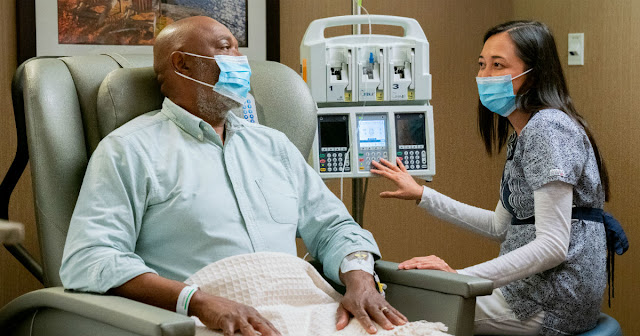"The Global Organ Transplant Market: Trends and Outlook"
Organ
transplantation is a medical marvel that has transformed the lives of countless
individuals suffering from organ failure. This field of medicine has not only
saved lives but has also contributed significantly to advancing our
understanding of human biology and immunology. In this blog post, we will
explore the current state of the organ transplant market, highlighting its
growth, challenges, and the promising future it holds.
The Growing Demand
The demand for
organ transplants continues to rise globally, driven by factors such as an
aging population, an increase in chronic diseases, and improved surgical
techniques. Unfortunately, the supply of donor organs falls far short of
meeting this demand. This gap has led to lengthy waiting lists and a dire need
for innovations in the field.
Challenges in Organ
Procurement
One of the most
significant challenges in the organ
transplant market is organ procurement. Many organs are sourced from
deceased donors, and the availability of suitable organs can be unpredictable.
Additionally, there are logistical challenges in transporting organs from
donors to recipients, particularly for vital organs like hearts and livers that
have a limited window for transplantation.
The Role of Living
Donors
Living donors play
a crucial role in addressing the shortage of organs. Kidney transplants from
living donors are relatively common, and they have a higher success rate
compared to deceased donor transplants. Advances in minimally invasive surgical
techniques have made it safer for individuals to donate organs like kidneys and
parts of their liver. Encouraging more living donors can significantly
alleviate the organ shortage.
Immunosuppression
and Rejection
After
transplantation, recipients must undergo lifelong immunosuppressive therapy to
prevent their immune system from rejecting the donated organ. While these
medications have improved over the years, they come with side effects and
risks. Researchers are continually working on developing better
immunosuppression strategies to improve patient outcomes.
Innovation and
Future Prospects
The future of the
organ transplant market is promising, thanks to ongoing research and
innovation. Some exciting developments include:
1. 3D Printing:
Researchers are exploring the use of 3D printing technology to create
artificial organs and tissues. While this technology is still in its infancy,
it holds immense potential for solving the organ shortage problem.
2. Xenotransplantation:
Xenotransplantation, or the transplantation of organs from animals to humans,
is an area of active research. Pigs are being genetically engineered to produce
organs that are less likely to be rejected by the human immune system.
3. Organ
Preservation: Advancements in organ preservation techniques
are extending the viability of donor organs, allowing for longer transportation
times and better matching with recipients.
Conclusion
The organ
transplant market is a field of medicine filled with challenges and opportunities.
While the demand for organs continues to rise, advancements in technology,
living donor initiatives, and innovative research hold the promise of
addressing the shortage and improving patient outcomes. As we move forward,
it's crucial to support continued research and promote organ donation to ensure
that more lives can be saved through this remarkable medical breakthrough.
Read More….
Wilson's Disease Treatment Market
Anesthesia and Respiratory Devices Market
Hyperbaric Oxygen Therapy (HBOT) Devices
Market




Comments
Post a Comment